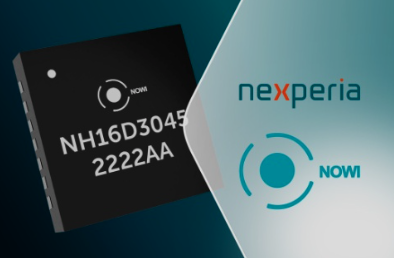Brussels — In a move seen as a significant step toward easing tensions in the ongoing semiconductor dispute between China and Europe, Beijing announced on Saturday that it would relax export restrictions for Nexperia chips bound for the European Union. The decision, confirmed by EU Trade Commissioner Maroš Šefčovič, allows certain exemptions from licensing requirements for chip exports designated for civilian use.
The Chinese Ministry of Commerce informed the European Commission that the new export procedures take effect immediately. “These measures are an encouraging sign of cooperation and will help ensure the stability and predictability of Europe’s industrial base,” Šefčovič said in a statement, emphasizing the EU’s aim to restore full semiconductor supply flows between Europe, China, and the Netherlands.
A Dispute Rooted in Security Concerns
The easing of export rules follows months of friction triggered by a September 30 decision from the Dutch government to place Nexperia—owned by China’s Wingtech Technology—under temporary state supervision due to national security concerns. In response, Beijing imposed export restrictions on some of Nexperia’s semiconductor products, disrupting supplies to European automakers dependent on the firm’s high-volume standard chips.
Nexperia, headquartered in Nijmegen, the Netherlands, plays a key role in the automotive and consumer electronics sectors. Its chips are used in millions of vehicles and devices across Europe. Supply disruptions had raised alarms among manufacturers and policymakers amid broader efforts to secure Europe’s chip production and reduce dependency on foreign sources.
Diplomatic Thaw Between Beijing and The Hague
In recent weeks, diplomatic overtures from both sides signaled movement toward compromise. China’s Commerce Ministry had earlier hinted at conditional exemptions for exports after the Netherlands expressed readiness to “find constructive solutions” to the dispute. Several companies have since reported receiving export approvals, according to European industry sources.
Dutch Acting Prime Minister Dick Schoof and German Chancellor Friedrich Merz both voiced optimism about the breakthrough. Speaking at a climate summit in Belém, Brazil, Merz said, “The path now seems open for deliveries to resume,” after discussions with Schoof regarding the issue.
Still, Beijing urged caution. In a statement last week, China’s Commerce Ministry called on The Hague to follow through on its diplomatic commitments, criticizing what it viewed as “administrative interference” in corporate affairs. The ministry confirmed it had invited Dutch economic representatives to Beijing for further consultations.
A Step Toward Predictability in Global Supply Chains
The European Commission said it will continue to coordinate closely with both Chinese and Dutch authorities to establish a “durable, stable, and predictable framework” for semiconductor trade. Analysts say the easing could mark a turning point in Europe’s strained tech relations with China, particularly as Brussels seeks to balance its economic openness with strategic safeguards.
Industry observers note that while the immediate crisis may be easing, the broader contest over technological sovereignty remains unresolved. “This development underscores both sides’ recognition that supply chain stability is mutually beneficial,” said a senior European trade official. “But it also highlights how fragile that stability remains.” (hb)

